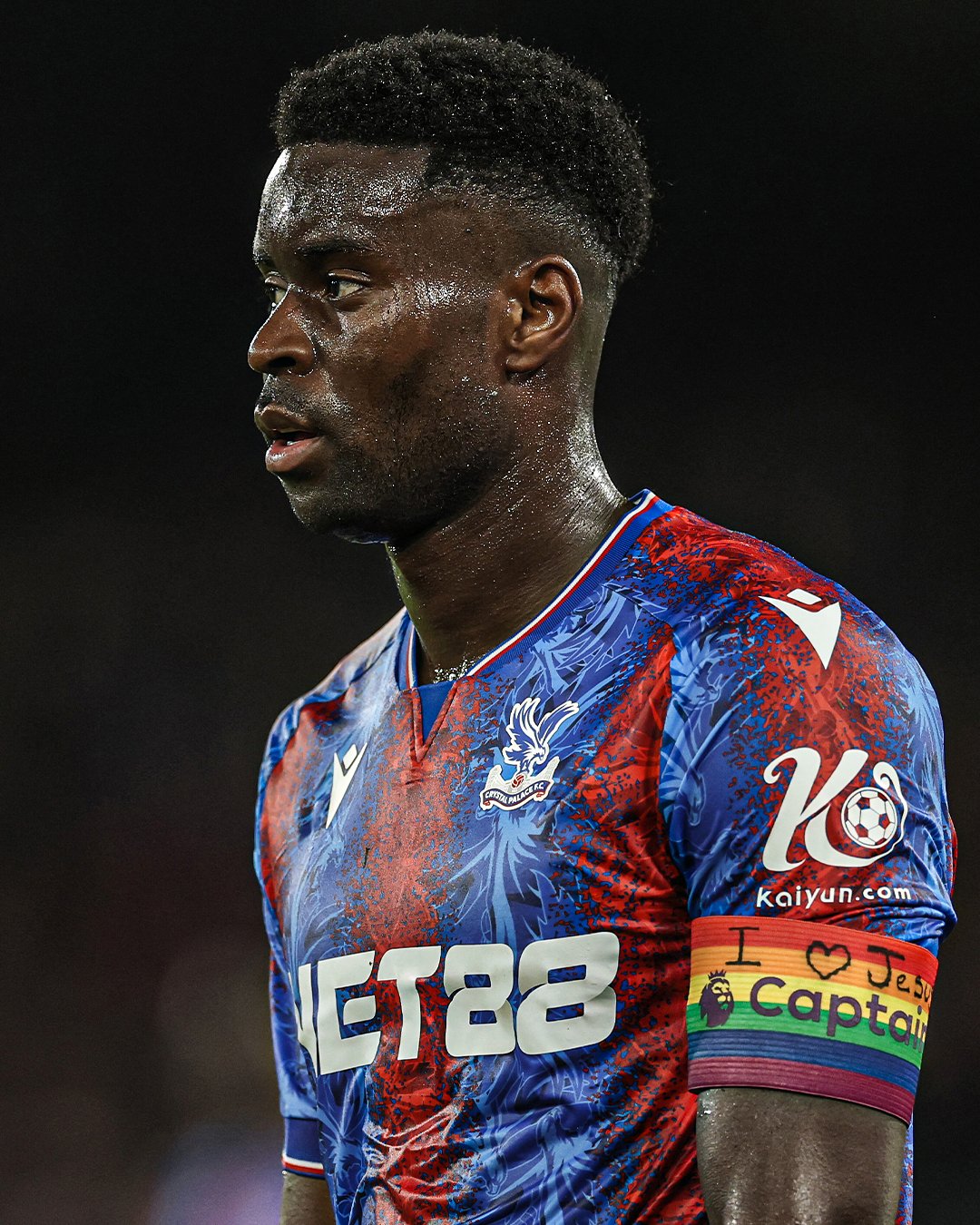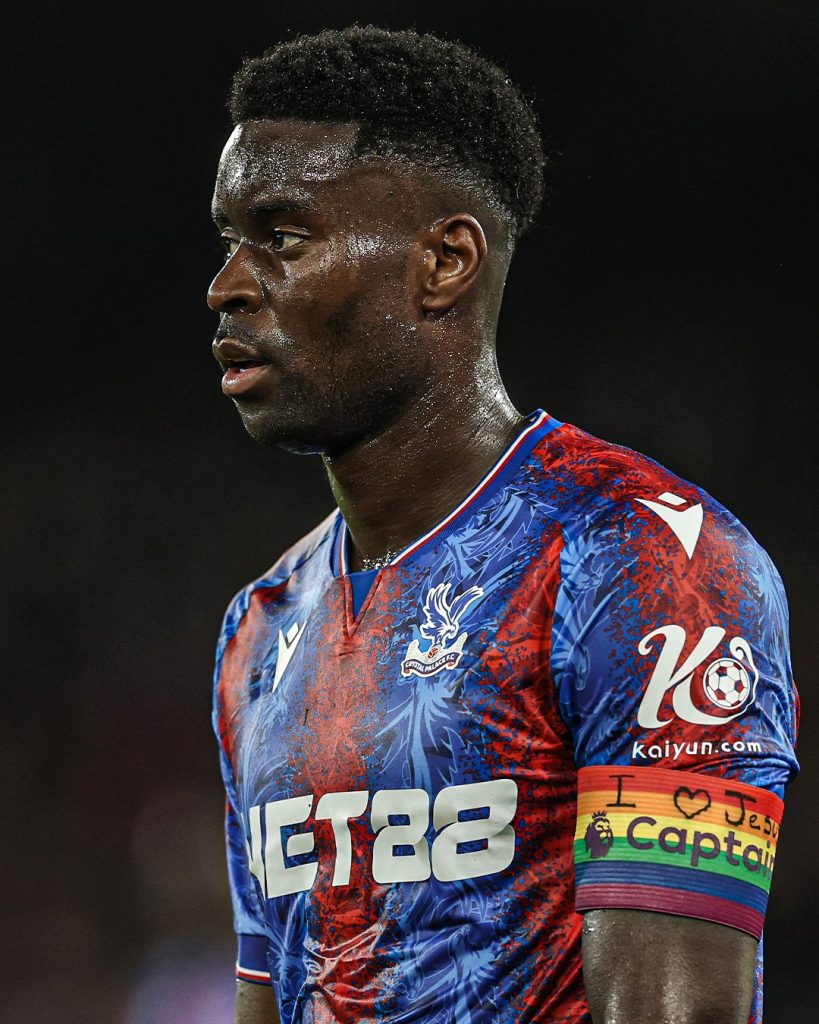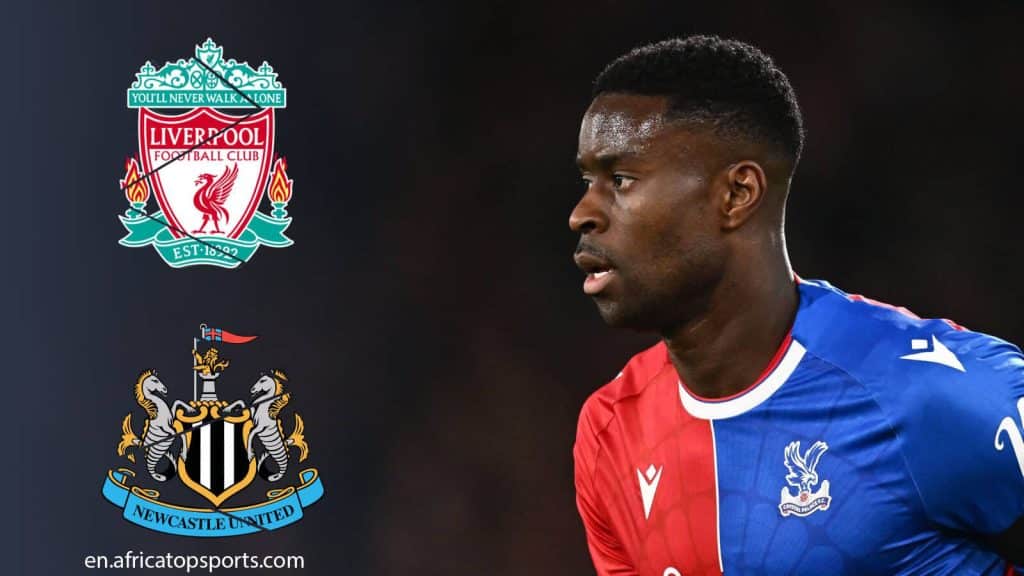
Chelsea are reportedly considering a move to re-sign Crystal Palace and England defender Marc Guehi as part of their plans to bolster their defensive options. The 24-year-old has emerged as a key target for the Blues, despite having been sold to Palace for £18 million in 2021.
Guehi, who has developed into one of the Premier League’s most consistent defenders since his move to Selhurst Park, is on a shortlist of defensive reinforcements being assessed by Chelsea. His performances for Palace and his growing reputation on the international stage have caught the attention of Chelsea’s recruitment team.
The decision to pursue Guehi comes under the direction of Chelsea’s current ownership, led by Todd Boehly and Clearlake Capital. They were not involved in the decision to sell the centre-back during the previous regime.
Chelsea’s defensive injury crisis has amplified their interest in Guehi. They recently lost Wesley Fofana to a substantial hamstring injury, which according to manager Enzo Maresca could rule him out for the season. Benoit Badiashile is also out until at least February, leaving the Blues short on defensive depth.
Although Crystal Palace have yet to receive formal contact from Chelsea regarding a potential transfer, sources close to Guehi indicate that his representatives are aware of the interest from Stamford Bridge. Palace are expected to demand a significant fee if they are to part ways with their star defender.
Chelsea’s interest in Guehi highlights their focus on reinforcing their backline with proven Premier League talent. As the transfer window approaches, further developments are anticipated as Chelsea weigh up their options to strengthen the squad.








